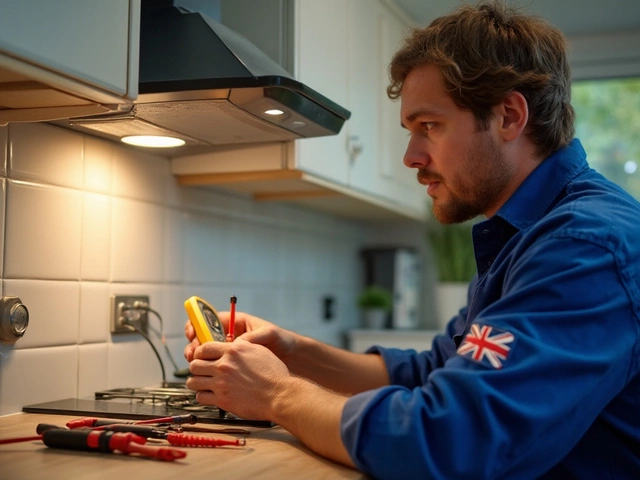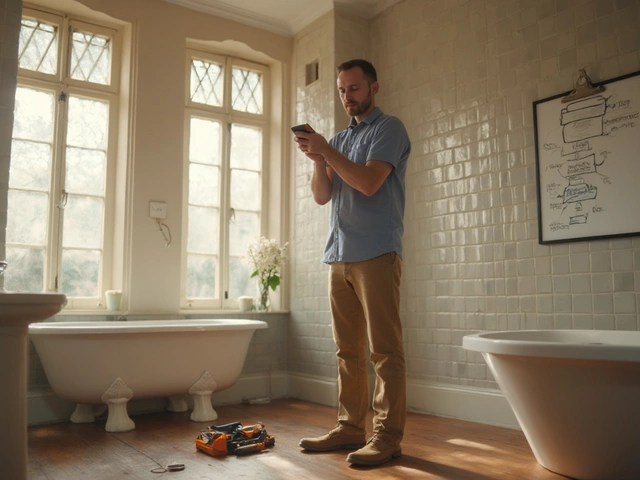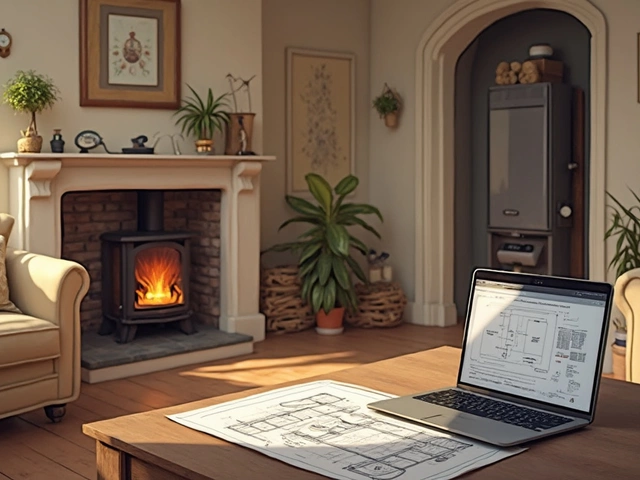Kitchen Tips: Simple Fixes and Maintenance Tricks
Running a kitchen means juggling ovens, hobs, fridges, dishwashers and fans. When one of them stops working, it can feel like the whole house grinds to a halt. The good news? Most kitchen hiccups have easy fixes you can try before dialing a repair service.
Everyday Checks to Keep Your Kitchen Running
1. Clean your extractor fan monthly. Grease builds up fast, and a clogged fan will struggle to pull steam away. Turn off the power, remove the cover, wipe the blades with warm soapy water, and rinse well. If the fan still sounds weak, the motor may need a quick oiling or a replacement.
2. Watch the oven door seal. A cracked or warped seal lets heat escape, which means longer cooking times and higher energy bills. Run your hand around the edge; if you feel cold air or see cracks, replace the seal. It’s a cheap part and easy to slot in yourself.
3. Defrost your freezer regularly. Ice buildup makes the compressor work harder. Empty the freezer, let it melt, wipe it dry, and plug it back in. A clean freezer keeps food frozen and saves power.
4. Test your fridge temperature. Keep the freezer at -18°C (0°F) and the fridge at 4°C (40°F). If food is spoiling faster, check the door gasket, clean the condenser coils (they’re usually behind a panel), and make sure nothing blocks the airflow inside.
5. Spot a glass hob crack early. Small chips can spread if ignored. Light a candle and hold it over the crack; if you see a flicker, the crack is still contained. Small repairs can be done with a specialised repair kit; larger cracks usually need a new surface.
When to Call a Pro
Some issues are best left to trained technicians. If you hear a loud buzzing from the oven, smell burning from the fridge, or see water pooling under the dishwasher, stop DIY attempts. Electrical faults, gas connections and sealed system problems require professional tools and safety checks.
For boilers and water heaters that serve the kitchen, the rule is the same: if there’s no hot water or you spot rust inside the tank, call a certified plumber. Trying to patch a boiler yourself can lead to dangerous leaks or carbon monoxide risks.
Another red flag is a recurring fault. If the same part keeps failing after a repair, the underlying cause probably wasn’t addressed. A qualified repair service can run diagnostics, replace the right component and give you a clear maintenance plan.
Finally, consider the age of the appliance. A 15‑year‑old oven may be more expensive to keep fixing than to replace with a modern, energy‑efficient model. Use a simple rule: if the repair cost is more than half the price of a new unit, start looking at replacements.
Keeping a kitchen running smoothly is mostly about regular cleaning, quick visual checks and knowing when a problem is beyond a weekend fix. Follow these tips, and you’ll spend less time on phone calls and more time enjoying home‑cooked meals.






